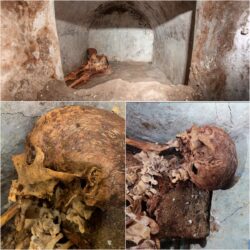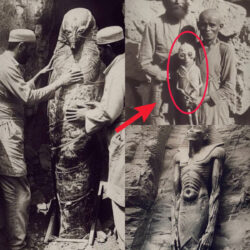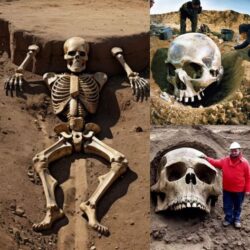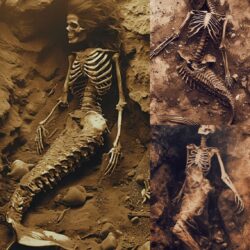A jumper who got a brief look at something metallic found huge number of old bronze coins simply seaward Sardinia, close to Arzachena, Italy. In the wake of alarming Italy’s Way of life Service, jumpers appointed to a workmanship security crew and others from the service’s undersea paleohistory division were shipped off examine the disclosure. Credit: Italian Culture Service
A jumper who got a brief look at something metallic found huge number of old bronze coins simply seaward Sardinia, close to Arzachena, Italy.
In the wake of alarming Italy’s Way of life Service, jumpers alloted to a craftsmanship security crew and others from the service’s undersea paleohistory division were shipped off research the revelation.



Subject matter authorities agree, there are around 30,000 and perhaps upwards of 50,000 antiquated coins tracing all the way back to the fourth century A.D. at the site. The immense number of coins, alongside the position and morphology of the seabed, highlight the presence of a wreck, as indicated by the Italian Culture Service.
The curios, tracked down in a wide area of sand between the submerged seagrass and the ocean side, are supposed “follis” — Roman bronze or copper coins later utilized as Byzantine cash.


Every one of the recovered coins are in a “uncommon condition of conservation,” with just four harmed at this point still readable. As indicated by the explanation, the coins date from 324 to 340 CE and were created by mints across the Roman Domain.
“The fortune found in the waters off Arzachena addresses one of the main coin revelations” lately, said Luigi La Rocca, a Sardinian paleohistory division official.
La Rocca included an explanation that the find is “additional proof of the wealth and significance of the archeological legacy that the seabed of our oceans, crossed by men and products from the most old of ages, actually keep and save.”
The archeological submerged group likewise tracked down walls of African-and eastern-created amphorae — tall, restricted necked Roman or Greek containers with two handles.





